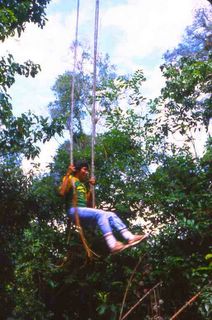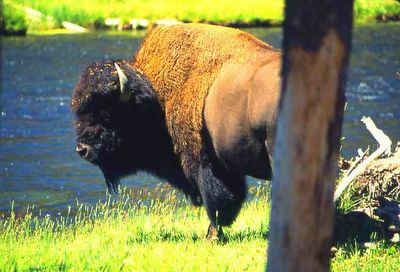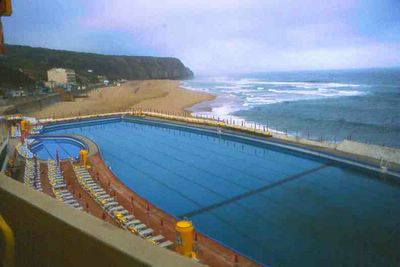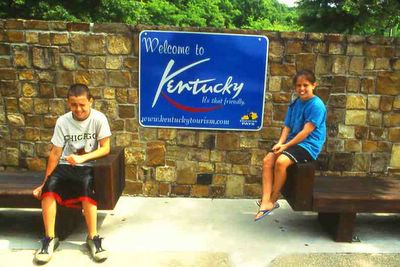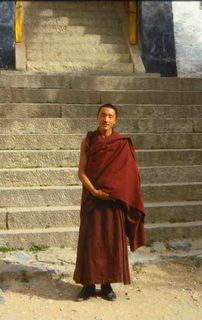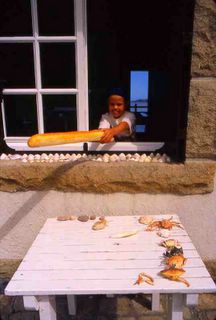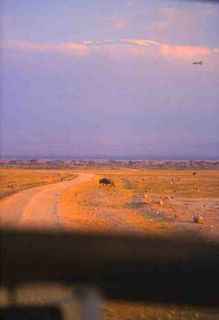
This is Memorial Day weekend here in the States. Between our barbecues and picnics, we pause to remember the servicemen and women who've lost their lives on our behalf. Because we're fighting in Iraq, the holiday's message is current and painfully real. So many of us feel we should never have gone to Iraq, but we're there, and our young men and women are in harm's way every hour of every day. This is tough for us to take, but we're tough. In difficult times, we have a history of coming together, supporting one another, and focusing on what's truly important.
And on this Memorial Day, what's truly important is to consider the young lives recently lost and to honor them. And to let every man and woman in uniform know that we respect them for their courage, decency, commitment and patriotism, regardless of our feelings about this war. The magnetic yellow ribbons stuck on half the cars in America say nothing about our president or this war. They say only, "Support Our Troops." And we do. Thank you for what you're doing and for the way you're doing it. You make us proud.
As many of you know, the September 11 attacks were the impetus for the 12,000-mile road trip I would come to write about in Ribbons of Highway: A Mother-Child Journey Across America." My kids and I set off to make sure this country and her people were OK. They were, and they are. I'd like to share a book excerpt I think is fitting for this Memorial Day. It's unabashedly and unapologetically patriotic:
Somewhere out west, Dana had asked, “Sometimes you hear people are different. Then you hear we’re all the same. Which is right?”
Both. We have different ethnicities and backgrounds, different ways of making a living, different geographies and climates, different pastimes, different religions and traditions.
But we’re also the same. We love our families and communities. We love our part of the country, but we respect the rest of it. We work hard. We’re independent. We cherish our freedom. We speak our minds. And, judging by the flags, patriotic symbols, and messages of hope and support that we saw everywhere across the land – on ranches and gas stations, logging trucks and billboards, fishing boats and bumper stickers, churches and diners – we share a love for this nation.
America exceeded my expectations. No part of it failed me or left me empty. It’s a quilt of small, fascinating pieces that give great comfort when sewn together. A kaleidoscope of beautiful shapes and colors that amaze when blended.
On any journey, whether short, long, or lasting whole relationships or lifetimes, you can usually find what you set out to discover. You choose what to look for, what to focus on, what to celebrate. I went on this trip looking for good things, and found great ones.
-----
Our thanks and prayers go to those who made and make it possible for us to keep finding great things about America.
www.LoriHein.com


